Tutor Selection Criteria
At the center of the support mechanism offered by the Turkish-German University Tutoring Program, which is an education concept shaped within the framework of peer learning, are student communities that play two different roles: receiving and giving support. While students receiving support include all students continuing their formal education; The students who will provide support within the Tutoring Program include students who are selected within the framework of certain criteria and who provide guidance and consultancy to their peers with the Tutoring Education and Tutoring experience they receive. In this regard, it is possible to say that there are generally certain criteria in the selection of Tutors.
Core Competencies
The basic competencies taken into consideration for students applying to the Tutoring Program include grade point average, motivation letter, CV, interview evaluation results and past Tutoring experiences. In addition, in the Tutor student recruitment processes on the basis of academic units, these criteria, specifically the basic competencies, are taking a certain course, having laboratory experience or documenting academic studies.
Didactics and Personal Abilities
In order for the learning-teaching processes to be successful, it is important to take into consideration the didactic skills and communication skills of Tutor students, as well as their basic academic/ professional competencies. Therefore, criteria such as organization skills, learning-teaching motivation, communication skills, understanding-expression skills, self-regulation skills, academic reading-writing skills, and sense of responsibility should also be taken into consideration in the selection of students who will be tutors. In this context, Tutor candidate students may need to be interviewed and, if necessary, the criterion of having Tutor experience may be taken into account in order to ensure peer-to-peer information exchange. utors also learn by teaching. They both acquire knowledge and skills such as communication skills, social skills, didactic skills and digital skills. Therefore, when the Tutoring Program is evaluated in terms of the education, development, knowledge and skills acquired by the students who are Tutors and those who receive Tutor support, it is a holistic education concept and focuses on the student.

